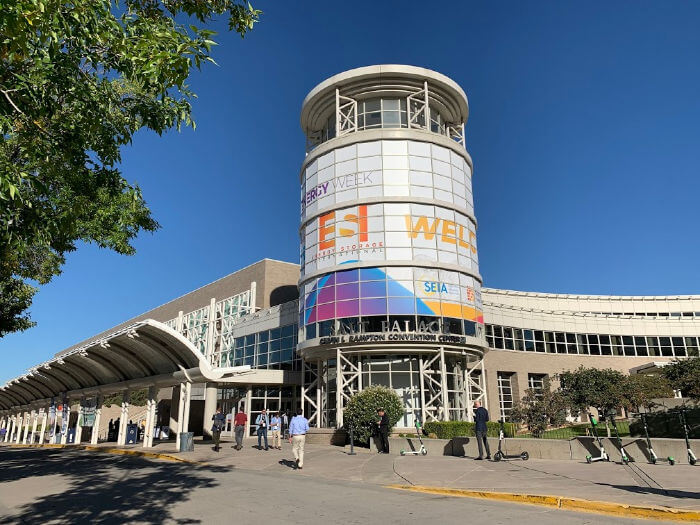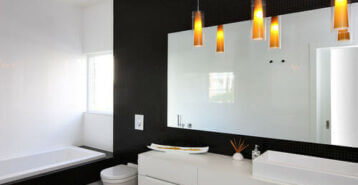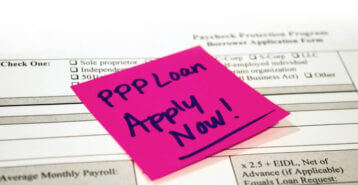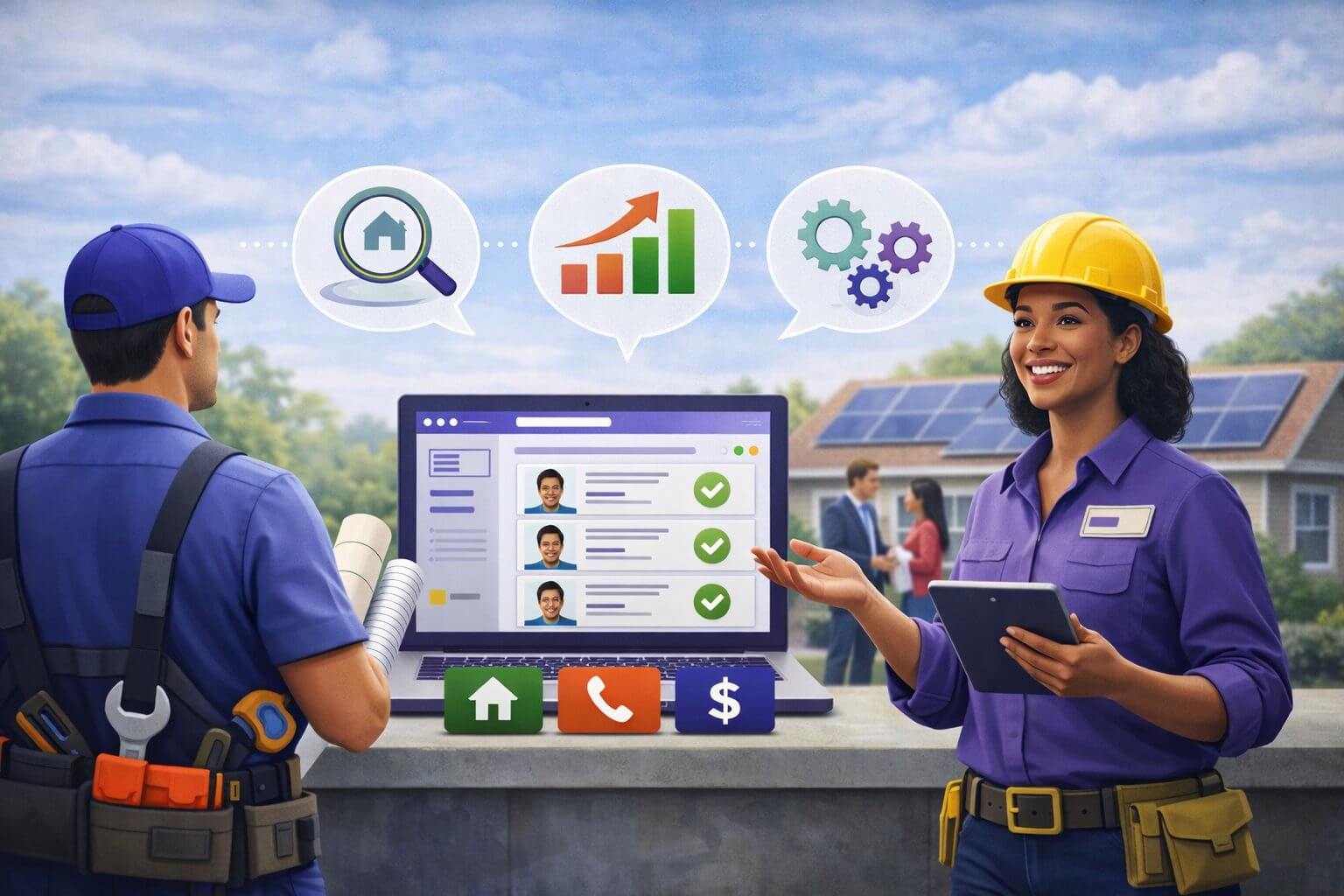Solar Power International 2019 has wrapped up, and we are all settling back into our daily grind armed with the new information and partnerships forged in Salt Lake City.
If you couldn’t make it out, it should be no surprise that the emergence of solar storage stole the show this year, but for residential solar, there was a different hot topic. Hard costs of solar are decreasing, as is the cost to the consumer, which can make it difficult to scale while staying profitable. There was a lot of buzz around solving this problem, and multiple perspectives, but the one consistent answer?
You need a CRM to scale successfully.
CRM Basics
A CRM, or customer relationship management tool, is a software that simplifies your pipeline management and helps you move more clients down the sales funnel. A CRM will let you see how quickly you call on leads, measure responsiveness to inbound calls and emails, and truly evaluate the strength of your canvassing.
You’ll be able to track how often you’ve contacted a potential client, whether they have scheduled an appointment with you, and how you follow up after the appointment. With all the potential client details housed in one place, any agent can follow up with a client to increase your chances of getting the sale and give the client the best experience possible.
A good CRM also lets you see the success or failure of each of your marketing platforms. Conversion rates and cost per acquisition from various marketing sources are easily trackable in a CRM, so when it is time to increase your marketing efforts, you’ll know exactly where to make the investment.

Why a CRM is Essential
But wait – isn’t the goal here to increase profitability? If you’re not using a CRM, you likely view it as an unnecessary cost when the profit for solar is decreasing. By allowing you to capture more sales from the marketing efforts you’re already investing in to maximize results.
If you’re buying leads, and your dedicated lead caller or call center agent isn’t calling that lead within 1 to 2 minutes, you cut your chances of converting by over 50%. But you can avoid this with a CRM that tracks response time to ensure you’re doing everything possible to be the first person to reach the homeowner. And you don’t just have to be first, you have to be persistent – which is true even if you aren’t purchasing shared leads.
If you’re spending money on PPC or paid social to generate your own lead submissions or inbound calls, doing SEO on your website, canvasing, or even relying heavily on referrals – you can’t afford to let something slip through the cracks. The average homeowner can take up to 8 months to make a decision on installing solar in their home.
You can’t rely on even your most talented sales reps, or your own brainpower, to keep track of all the prospects you have in some phase of the sales funnel. Your CRM will allow you to see the exact status of each potential client – demo scheduled, demo completed, financing requested, etc., making your funnel more manageable and projected sales easier to predict.
To put it in the simplest terms, if you’re investing $5,000 on a marketing platform, and it generates two closed deals, your CPA is $2,500, and outside of markets like California and Nevada, that can make it impossible to grow. Squeezing even one more sale out of that same investment reduces your CPA to $1,300 and leaves you with a much greater profit margin to reinvest. So, while you may see a CRM as just one more fixed cost, in reality, you can’t afford not to have one.
Consistency is Key
A CRM makes revenue forecasting less of a guessing game, but only if the information is accurate. That means everyone in the office who interacts with the CRM has to do it in the same way and for every potential client interaction.
Making a change in processes may seem daunting, but once CRM tracking becomes ingrained into your workflow, you’ll be able to spend more time working the qualified prospects and improving on sales skills to convert at a higher rate. There is no shortage of training materials from YouTube videos to in-office trainings put on by the CRM provider to get yourself and your staff ramped up on a newly integrated CRM.
Eventually, with consistent and accurate information, your CRM can also help with the very profitable task of building your ideal client profile – where do they live, what’s their age range and income bracket, how long is their typical sales cycle. Identifying this profile will let you strategize your marketing efforts and focus on bringing on more of the right prospect, so your sales cycle becomes smoother and conversion rates increase even more.
Choose the Right CRM for You
Now that you’re ready to ditch the excel sheet, you need to find a CRM that’s right for your business. There are numerous options ranging from basic lead management tools to complex systems that do everything from tracking conversions to building estimates for homeowners on the spot.
Choosing the one that is right for your business really comes down to the features and functions you need. You also need to look at how well it will work with other applications you use to run your business and service your clients. And of course, you can’t ignore the price.
First, get specific – companies like MarketSharp, ImproveIt 360, and JobNimbus are all designed specifically with home improvement professionals in mind. That means they’ll already be geared to addressing issues specific to your industry, and only your industry.
Beyond that, sit with your lead caller or marketing manager and make a list of all the problems you want the CRM to solve, and all the features that would be useful to you. Keep the list in mind when looking into options and talking to different companies. Many companies will let you customize the options as well, so knowing what you want before you look will make the vetting process easier.
Lastly, keep cost in mind. Cloud-based systems can run anywhere from $50 to $150 per user each month, while in house CRM’s will want you to pay per license in the ballpark of $250 to $1,000. It’s a worthwhile investment, but one you don’t want to take lightly.
Speak to more than one company and see more than one demonstration before making a decision – just like your homeowner clients do – to make sure you have a CRM that meets your needs for the right price.
For Modernize clients, your dedicated account manager can offer support in this decision for you as well, because they’ve been working with energy efficiency professionals and are eager to share their insights.
We heard it again and again at SPI – I don’t know how these businesses think they’ll make it without a CRM – so if you are in that group, take the time to find the right one. A little time and money now will result in far more money back into the business down the road.













